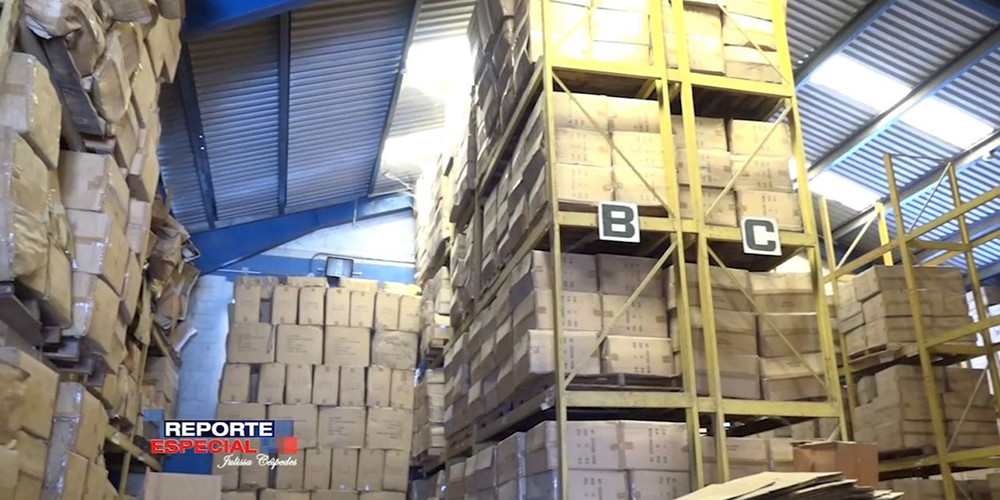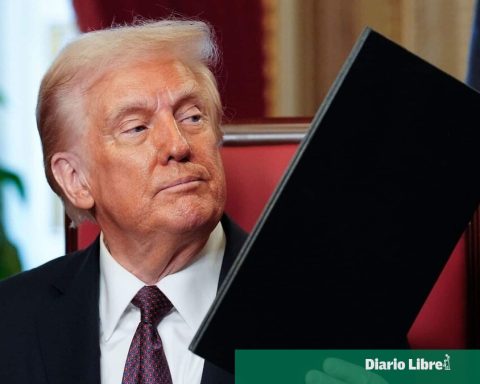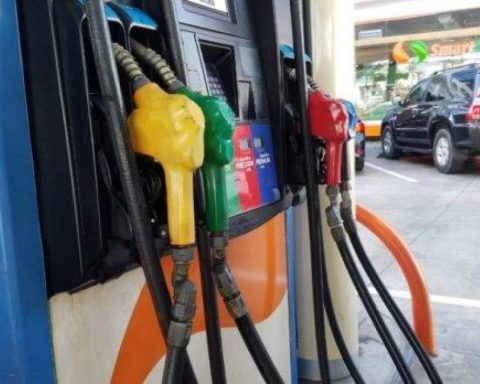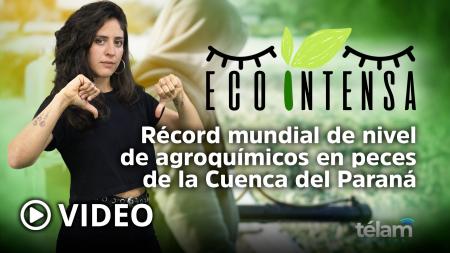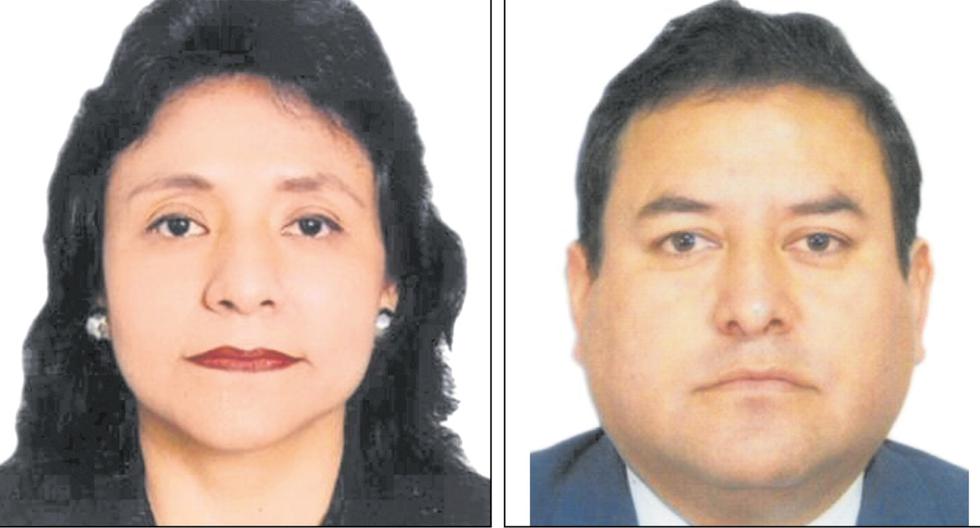The award documents for large volumes of these purchases point to efforts by various former ministers.
While thousands of Dominican children did not have textbooks to study, more than five million books, and almost two million units of supplies and equipment purchased in a futuristic way, are lying like garbage awaiting incineration in the Minerd warehouses, without apparent coordination with the educational curriculum applied for each school year.
The award documents for large volumes of these purchases point to the efforts of a few former ministers.
As if the only purpose of a budget that today far exceeds one trillion pesos was to buy, different administrators of the 4% have simply “spent” an astronomical amount of millions that has not helped to improve the quality of education. In summary, the investment of the Dominican State with 4% is a problem to be solved.
After visiting some of the Ministry of Education stores, we came to the conclusion that a lot has been bought, or very little has been delivered.
In previous installments we presented different reports on what the largest budget in the country has been investing in, in some cases we were able to see how the Education payroll is a black box; how schools that were never built were paid for by the State, how an Inabie warehouse became a million-dollar deposit, and a Digital Republic that did not fulfill its mission, now we realize that these are not the only keys through which drained the treasury.
In this story, it all began with the statements given by the Minister of Education, Ángel Hernández, appointed on August 3, 2022, replacing Roberto Furcal, who confesses that upon his arrival he finds a warehouse full of million-dollar purchases that were never used. . And when enumerating the responsible ministers, he assures that the practice was common to all, (he does not exclude his predecessor Roberto Fulcar) and specifies that only Andres Navarro has more than a billion in books alone, which will have to be discarded;
In three of the 14 warehouses that the Ministry of Education has, two of these located in Haina and one in Manoguayabo, more than 5 million books, integrated texts, degree records, bulletins and other materials that were found in mountains of boxes were found. bought in large volumes in periods ranging from 2012 to 2019.
According to Carlos Vidal, director of Educational Media, when the curriculum was changed by mandate of the National Education Council, purchases continued to be made in a futuristic way and in amounts that exceeded what was due.
The curricular updates that have been developed in the Ministry of Education have penetrated the various curricular structures of the different educational levels and the grades that comprise it, this as a result of Ordinance 2-2015, which establishes the revised, updated curriculum and validated for public and private Primary Education from the 2015-2016 school year, as well as Ordinance 22-2017, which establishes the validation process of the revised and updated curricular design, and the evaluation system of the Academic Level Secondary for public and private education and Ordinance N 3-2013, which modified the academic structure of the Dominican Educational System. In other words, two new courses were added to the initial level; Primary school was reduced from first to sixth; and it increased.
These three ordinances contributed to apply updates that affected the structures of the grades and the identification of the texts at the primary level, most of the texts and books that are in disuse and out of date in the stores belong to this grade.
For the direction of educational media, the millions of books abandoned to their fate in the warehouses do not comply with the current academic modality and this is the product of the new curricular reform and update, which is how the book acquisition plan is governed or should be governed. , equipment and materials, so that since this million was bought “out of the curriculum” these books can no longer be used in schools, because “they no longer comply with academic mobility.”
Despite the fact that curricular updates began to be done in stages, and it was well known that updating some textbooks could not be postponed, the ministers who directed education together with their purchasing committees acquired large quantities of textbooks. and educational resources with ordinance 06-2003 that regulated the evaluation of means and resources for learning, which was changed as the curricula were updated, and it is in the year 2017 when Ordinance 26-2017 is issued, which it has the same mandate to evaluate the resources, but establishing that these should be adjusted to the curricular changes.
For example, ordinance 26-2017 establishes in its articles 32 and 32: “The validity of a printed learning resource approved as a textbook will be for a period of four (4) years from the date of evaluation.” And “When the Ministry of Education makes modifications or changes the curriculum, the educational means and resources may lose their validity; in that case they must be modified according to the current curriculum and re-evaluated”.
According to Minerd’s Director of Educational Media, the institution has approximately 2 million books that are in that condition. That is adding the 856,000 of the integrated texts that are in Managua, in Piedra Blanca and what has been generated as a result of the curricular update that are no longer approved for use in schools.
It was these situations that caused some stores, and educational districts, to fill up with books that could not be used.
Between 2013, 2015, 2016 and 2019 there was already an instruction not to use the textbooks that were in the classrooms, since updated books would be taken taking into account the regulations that were in force at that time.
disused books
Although all this seems scandalous, the quantities could increase, since the millions of books that are in disuse in current warehouses are not the only ones; Several educational districts at the national level have reported having from different resources an amount that exceeds 806 thousand 571 books; For example, only in La Agustina district 15-04 they reported having 205,200 outdated books, more than 36,000 in El Cercado. In the warehouses there are books that have been available since 2005, 2007, 2011 and 2012 because a large number of them were acquired for use in later years, but over the years they were not even delivered to the students, nor the teachers, but sent to a warehouse. In concrete numbers in education warehouses there are at least 1 million 949 thousand 399 materials among which are bulletins, development reports, degree records. The number of unused books in the Haina and Piedra Blanca stores exceeds 1,632,792 pesos; There are also 852,000 integrated texts in its deposits, and 843,114 books and other materials that were reported by the educational districts.
